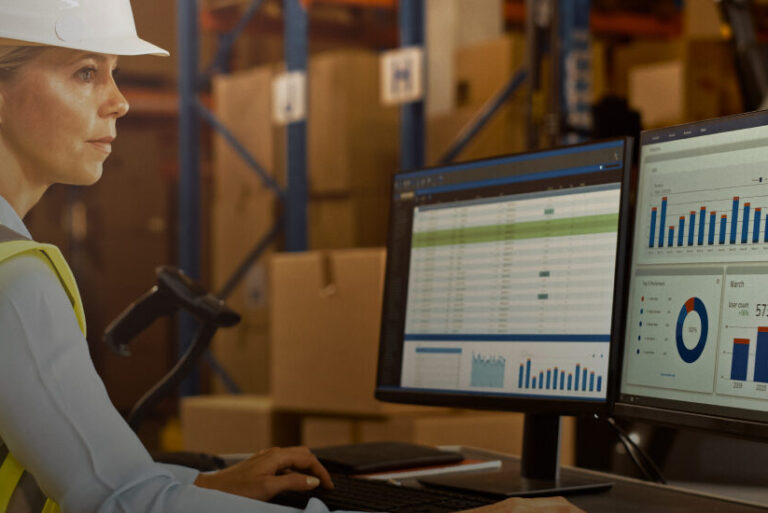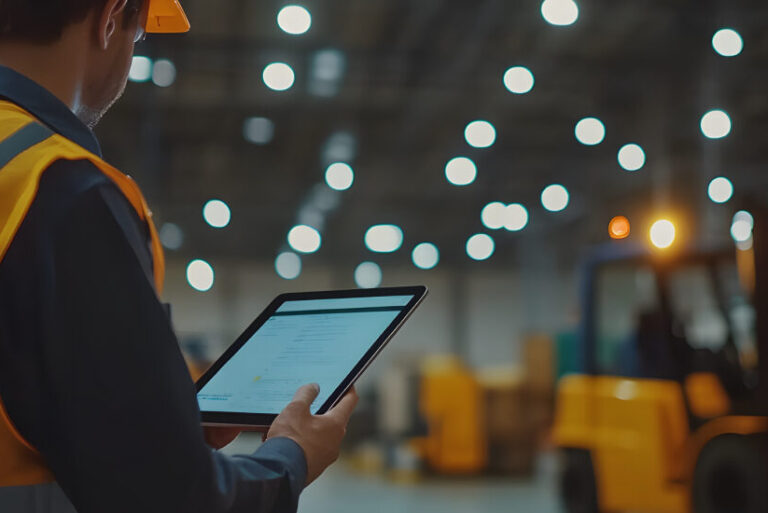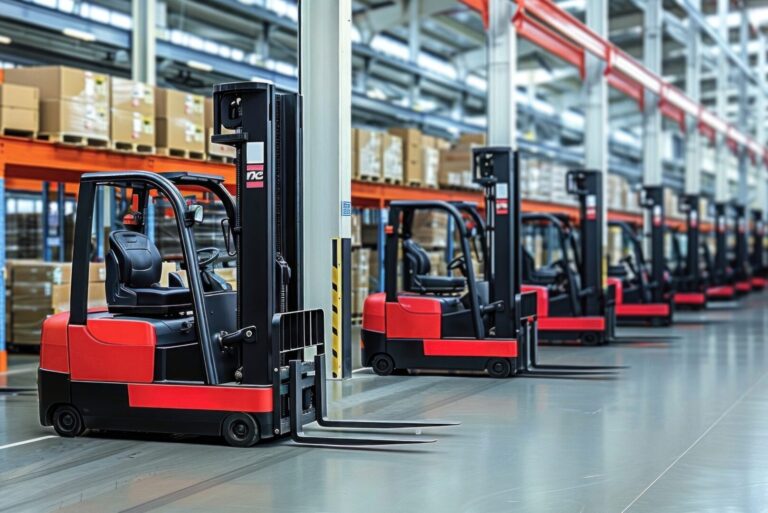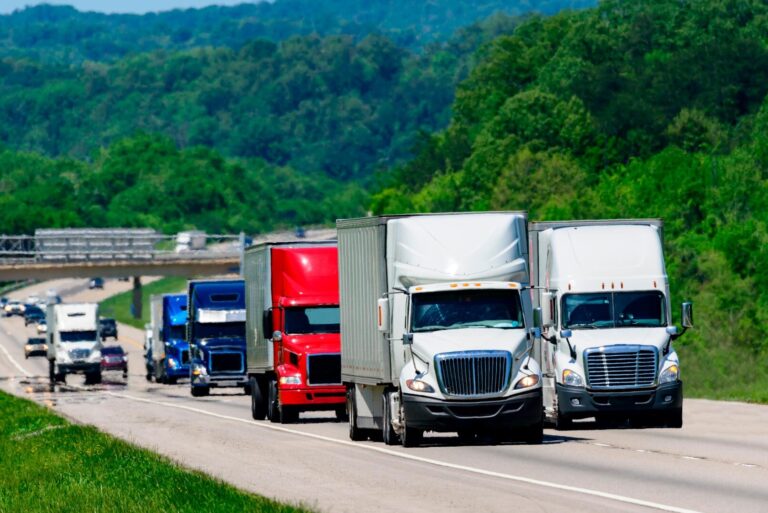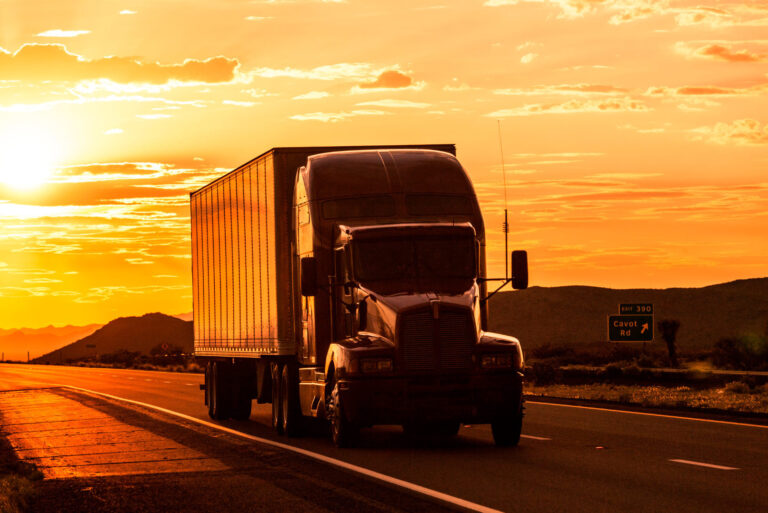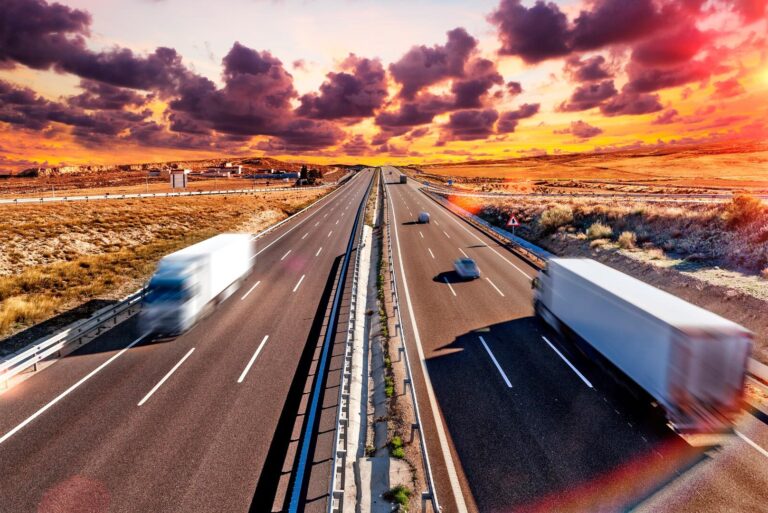Washington Clean Fuel Standard: Fleet Owner's Guide
May 11, 2023
Washington State implemented the Clean Fuel Standard (CFS) on January 1, 2023. The program seeks to curb pollution and greenhouse gas emissions from the transportation sector, which is a primary contributor to Washington’s air pollution and climate contributions. The CFS uses a market-based system that incentivizes fuel producers to reduce the carbon intensity of their transportation fuels while rewarding fleet owners that transition to electric and alternate fuel fleets.
This article provides a comprehensive overview of Washington’s CFS and explains what changes fleet owners can expect to see in the coming years.
The Purpose of the Clean Fuel Standard
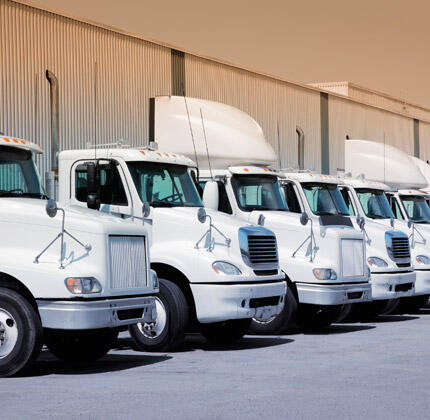
The CFS will also stimulate economic development by creating opportunities for new and strengthened clean infrastructure across the state. In doing so, the transportation industry will have greater accessibility to low-carbon fueled vehicles, as well as increased charging stations, which will dramatically diversify Washington’s fuel pool and decrease the dependency on fossil fuels.
The CFS works in tandem with Washington’s Climate Commitment Act to reduce climate contributions and air pollution.
How the Clean Fuel Standard Works
Under the CFS, transportation fuels are assigned a carbon intensity (CI) rating, which describes how “clean” the fuel is (how much it impacts the environment) based on its lifecycle emissions. Fuel suppliers, including producers and importers, are required to reduce their CI rating every year to meet annual benchmarks. Fuel suppliers that are unable to meet the annual standards generate credit deficits, which must be offset through the purchase of CFS credits.
Low-carbon fuel users, including electric vehicle (EV) fleet owners, can generate credits through the CFS, which can be sold on a state-wide market to fuel suppliers in a deficit. Credit sales operate on a market-based system, so prices of credits will fluctuate with supply and demand. However, the annual standard for allowable fuel emissions decreases every year, ensuring fuel suppliers reduce their emissions while simultaneously ensuring the value of credits remains strong.
Learn more about how you can earn revenue by reducing your emissions: Washington Clean Fuel Standard for EV Fleet Owners
How Fleet Owners Can Earn Revenue
Opting into the CFS is only a requirement for fuel suppliers, whereas EV fleet owners and other low-carbon fuel users are voluntary participants. By opting into the program, fleet owners can begin generating additional revenue for the emissions avoided through their electric vehicles.
Learn more about the application process for EV fleet owners: What to Know Before Applying to Washington's Clean Fuel Standard
Once enrolled in the CFS, EV fleet owners generate one credit for every metric ton of carbon they offset through their electric vehicles. Credits can be sold to fuel suppliers in a credit deficit, generating additional revenue for credit generators through rebates.
Partnering with Smart Charging Technologies will enable your company and EV fleet to sell CFS credits and know that your credits are being reported and managed accurately. Smart Charging Technologies takes the hassle out of the CFS by supporting credit generators in applying, reporting, and selling their credits. SCT is one of the largest credit aggregators in Washington, which enables them to sell credits in bulk and minimize the fluctuations in the credit market. This helps EV fleet owners to earn the best prices possible for their credit rebates.
Impacts on Washington’s Transportation Sector
The Washington Department of Ecology performed an economic impact assessment to predict how Washington State’s newly implemented regulations will affect the transportation sector. Analysts reviewed the CFS and compared it to California’s Low Carbon Fuel Standard, along with other similar programs across the West Coast to fully analyze the long-term impacts.
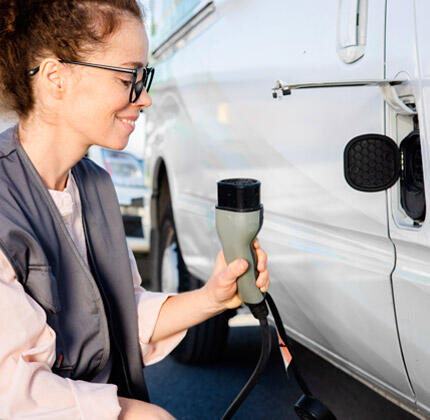
The CFS will also promote improvements in charging and fueling station infrastructure through economic incentives. This infrastructure will significantly improve accessibility for long-distance vehicles across the state, particularly in rural areas that have previously lacked necessary charging stations.
As the adoption of these vehicles increases, the use of gasoline and diesel vehicles will steadily decrease, with a predicted stock of approximately 3,000,000 gasoline vehicles in Washington by 2038, as compared to today’s stock of over 7,000,000.
Read more about how the CFS will impact Washington’s economy: Changes to Washington’s Economy: Understanding the Impacts of the Clean Fuel Standard
The CFS is predicted to have major impacts on Washington’s economy and transportation sector, enabling EV fleet owners to generate revenue based on their reduced emissions and incentivizing fuel producers to reduce their climate contributions and air pollution. The CFS will dramatically rewrite the state’s transportation sector, making low-carbon and alternative fuel vehicles the norm by improving accessibility and feasibility of transitioning fleets. Read more about how you can maximize your CFS earnings with Smart Charging Technologies.
Related Posts

